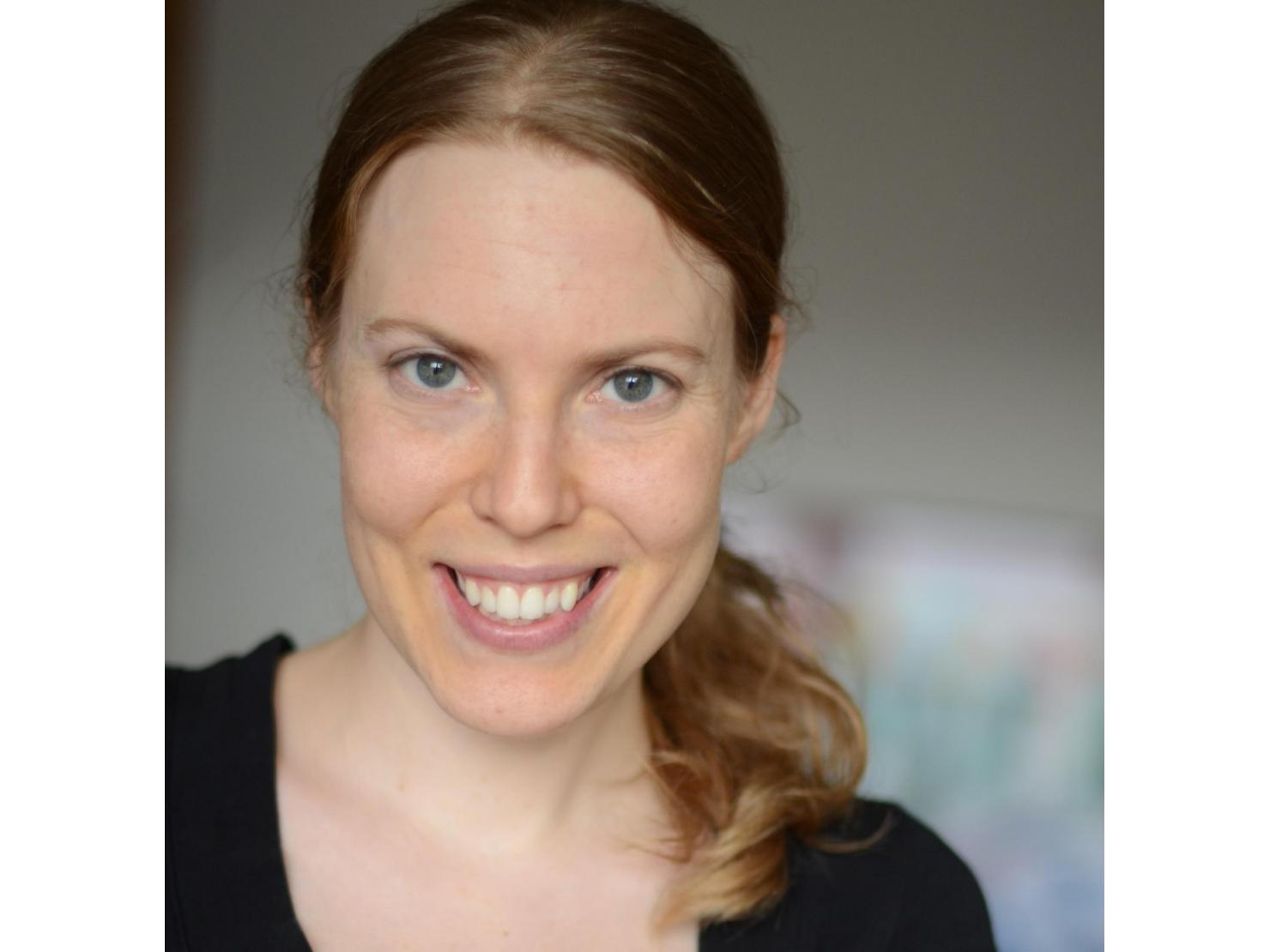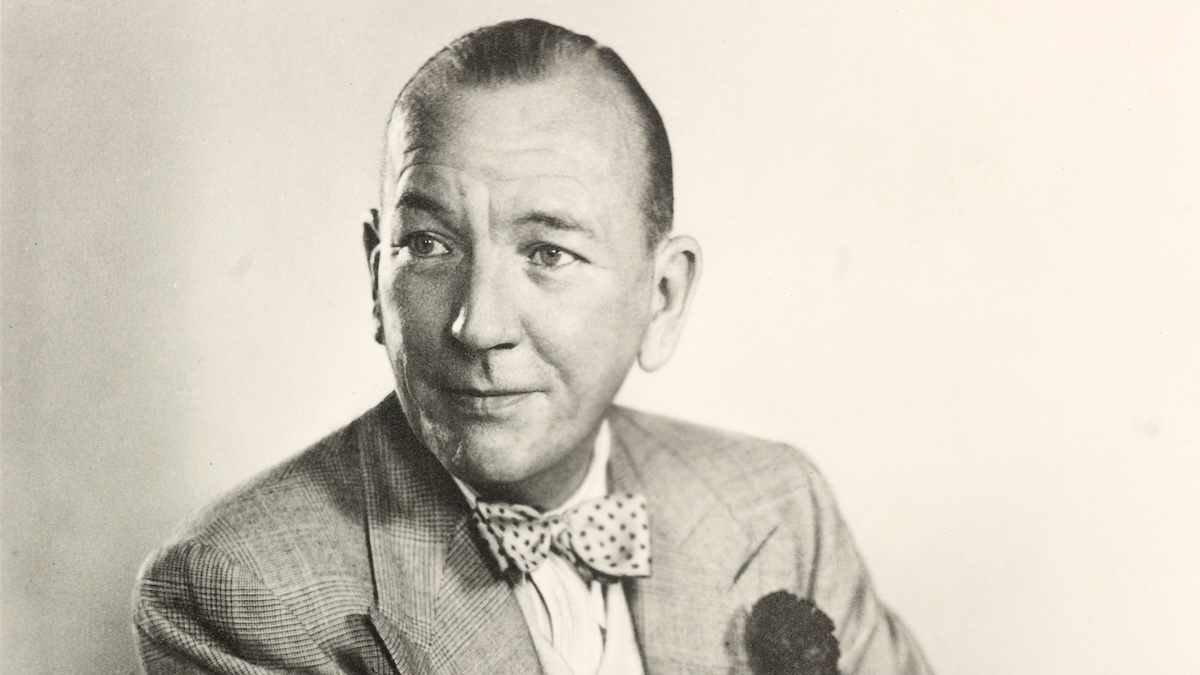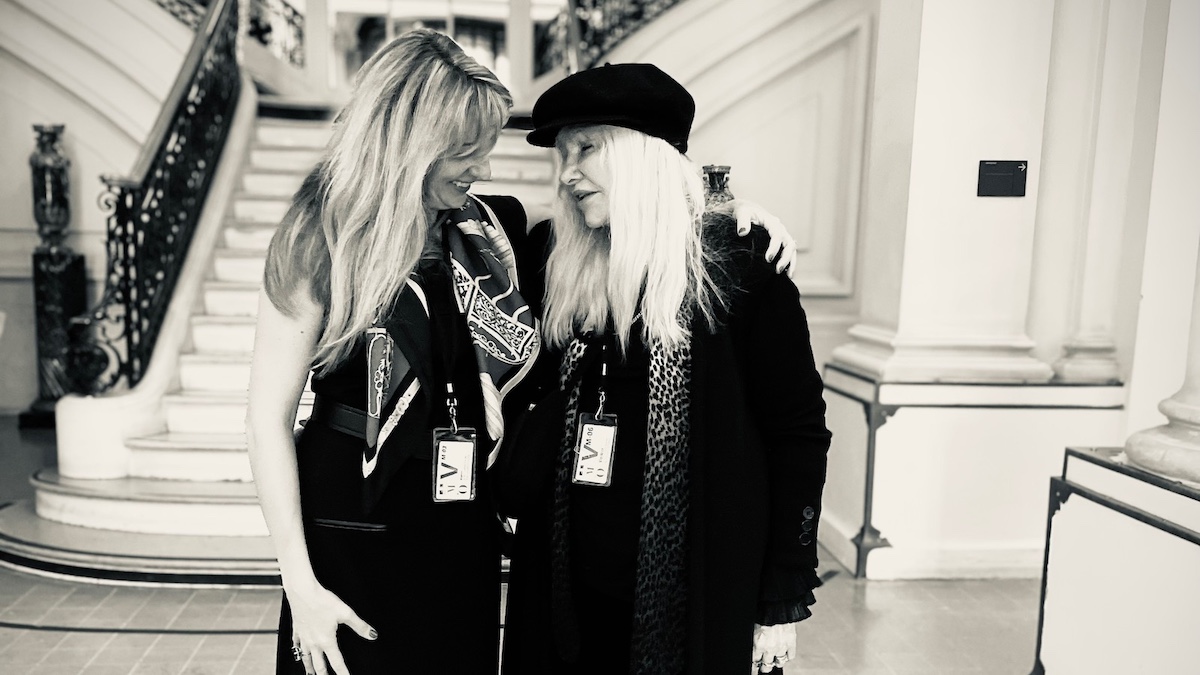
This is the latest in our Meet the Fellows series, where the Dramatists Guild Foundation will introduce you to the current class of DGF Fellows. Each of these writers and writing teams have proven themselves to be leaders of the craft whose work we expect to be enjoying for years to come.
Since its inception in 2000, the DGF Fellows program has provided a home for more than 160 writers. Over the course of this year-long intensive, composers, lyricists, playwrights and bookwriters work with professional mentors, honing their individual processes while developing a full-length piece. Beneficiaries of this rigorous and highly selective fellowship receive stipends, development opportunities, and a foothold in the industry. Alumni include Anna Ziegler (Actually), Rajiv Joseph (Bengal Tiger at the Baghdad Zoo), and Kristen Anderson-Lopez (Academy Award winner, Frozen) among dozens of other vital contemporary theatre makers.
It is our pleasure to help spread their unique and promising voices. Now, get to know Deborah Yarchun
What was your first experience with theater?
As a child, I spent hours in fields in Texas playing out stories my friends and I would make up on the spot—improvisations where we were simultaneously the actors and the audience. In a lot of ways, the theater is a live game of make-believe where everybody is playing.
When did you decide to become a writer? Is there a writer, show, or piece of writing that was particularly influential on your path?
In the first grade, I wrote a short story for a school assignment called “Cuts with Scissors” based on my younger brother accidentally slicing my thumb in half with a pair of scissors that past weekend. My first-grade teacher treated me differently after she read it and I decided I was a writer.
One play that was particularly influential on me was a production of TempOdyssey by Dan Dietz that I saw when I was 17 at Salvage Vanguard Theater in Austin, TX. Filing cabinets transformed into skyscrapers that transformed into a forest. I felt so sucked into the play’s theatricality, sound design, and language—that when there’s a bomb in a filing cabinet at the play’s climax- I was convinced the theater was actually going to explode. Since then, my goal as a playwright has been to write plays that make the audience feel like the theatre is going to explode.
How do you describe your work overall? What sets your work apart?
I tend to write highly theatrical intimate plays (usually 2-4 characters) that have elements of suspense. One thing that sets my work apart is that sound is often an additional character in my plays. This has varied from a character, unable to express her own fears, collecting the sounds of animals in distress, and doppler radar as a shark she’s tracking nears her town (in my play Great White), to bombs dropping during aerial raids in my two-hander Bomber’s Moon, which is set in the basement of a music shop during the London Blitz. I love that sound in the theater can trigger in an audience the idea of an entire world and bring us into the characters’ worlds.
Can you tell us a little bit about the show you’ve been developing as a Fellow?
I’ve been bringing in exploratory pages for my newest work-in-progress, The Calm Before. It’s a two-character father/daughter drama set in Rockport, TX the night Hurricane Harvey makes landfall. In the play, Mitch, a former Navy SEAL and current conservative Trump supporter who suffers from multiple sclerosis, refuses to evacuate. His liberal millennial daughter, Ellen, urgently fights to get both of them out and must decide whether to stay with Mitch or save herself. As the hurricane makes landfall, and their basement slowly fills with water—their political differences and the darkest parts of their relationship play out.
I’m writing this play because it brings together several areas that fascinate me: why people refuse to evacuate during natural disasters, families with landmines of political differences (especially in these times), and what it means when a parent-child dynamic flips and a parent refuses to relinquish control. Through Mitch and Ellen, I want to explore a facet of America’s present times as we’re hit increasingly by deluges, delusions, and painful ideological differences.
What do you find most rewarding about your work as a writer?
Hearing an audience’s collective gasps and laughter. When you’ve written something honest, and the audience responds—you feel heard. But probably my most rewarding moment was when an audience member came up to me after a reading (and even though I’d never met her before) thanked me for telling her story.

Noël Coward’s Travels

Kate Chopin in New Orleans: Mother-Daughter Author Duo Collaborate on Historical Book

